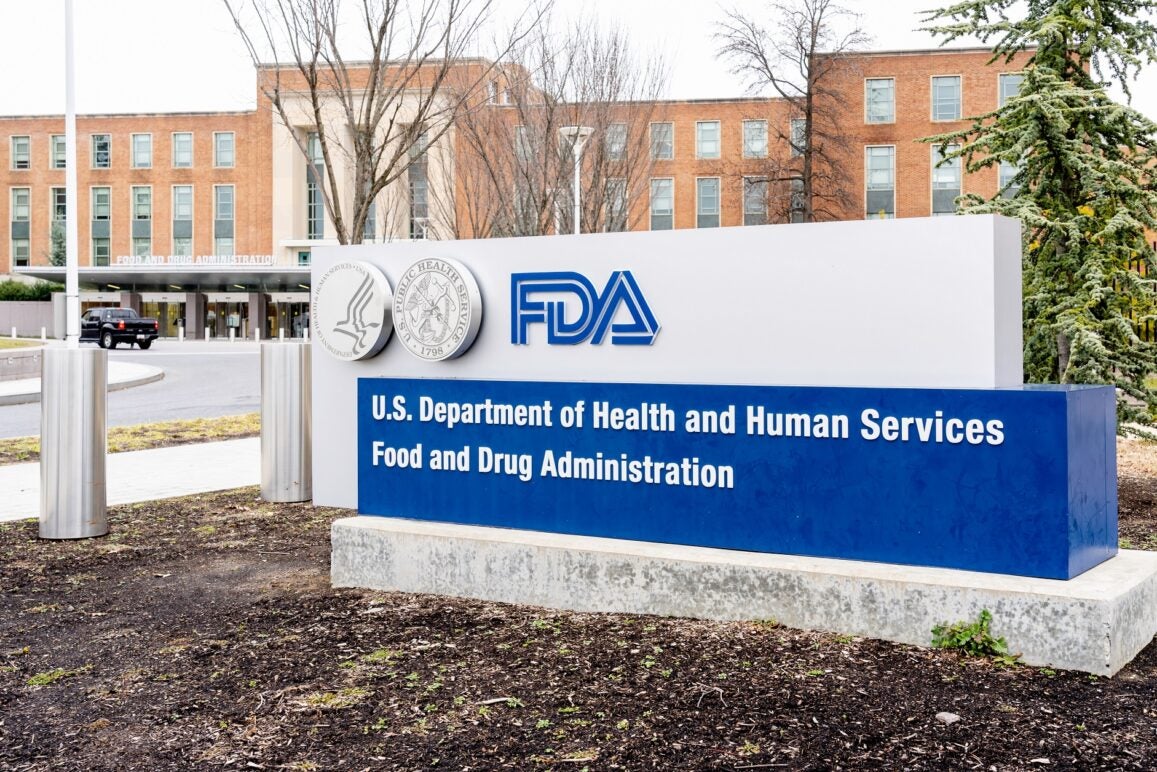
The US Food and Drug Administration has insisted it is working to “alleviate supply issues” in the market for specialist infant formula.
A recall of infant formula made at a factory in Michigan has led to shortages of specialised products critical in keeping some infants fed, sparking concern among parents.

Discover B2B Marketing That Performs
Combine business intelligence and editorial excellence to reach engaged professionals across 36 leading media platforms.
According to US market researchers Datasembly, the percentage of formula out-of-stock in the US has reached at least 40%.
Last week, the FDA agreed for Abbott Laboratories, the US infant-formula major at the centre of the recall, to release some of the specialist and metabolic products that were on hold following the recall, which was sparked by a salmonella scare.
In a statement yesterday, the FDA set out other measures it had introduced to bolster supplies.
“We recognise that many consumers have been unable to access infant formula and critical medical foods they are accustomed to using and are frustrated by their inability to do so. We are doing everything in our power to ensure there is adequate product available where and when they need it,” FDA Commissioner Robert Califf said. “Ensuring the availability of safe, sole-source nutrition products like infant formula is of the utmost importance to the FDA. Our teams have been working tirelessly to address and alleviate supply issues and will continue doing everything within our authority to ensure the production of safe infant formula products.”

US Tariffs are shifting - will you react or anticipate?
Don’t let policy changes catch you off guard. Stay proactive with real-time data and expert analysis.
By GlobalDataAmong the measures, the regulator is implementing is “expediting the necessary certificates to allow for flexibility in the movement of already permitted products from abroad into the US”.
The FDA said it is also using “a streamlined import entry review process for certain products coming from foreign facilities with favourable inspection records”.
The FDA said other infant-formula manufacturers “are meeting or exceeding capacity levels to meet current demand”. It added that more infant formula was bought in the US in April “than in the month prior to the recall”.
The regulator said manufacturers are “working to maximise their production to meet new demands”, including through “optimising processes and production schedules” to increase output, as well as “prioritising product lines that are of greatest need, particularly the specialty formulas”.
In February, Abbott recalled powder formulas made the factory in Sturgis. At the time, the FDA said the products were pulled after four consumer complaints related to Cronobacter sakazakii or Salmonella Newport in infants who had consumed powder infant-formula manufactured at the Sturgis plant.
The formulas recalled have been linked to four Cronobacter sakazakii infections in children and one Salmonella Newport infection. All five infants were hospitalised. Two of the children with Cronobacter sakazakii infections died and the FDA says the infections may have contributed to their deaths.
Abbott – which has seen its sales impacted by the recall – said an inspection it carried out at the Sturgis facility in conjunction with the FDA came back negative for “Cronobacter sakazakii and/or Salmonella”.
It added: “The Cronobacter sakazakii that was found in environmental testing during the investigation was in non-product contact areas of the facility and has not been linked to any known infant illness.
“A thorough review of all available data indicates that the infant formula produced at our Sturgis facility is not likely the source of infection in the reported cases and that there was not an outbreak caused by products from the facility.”
According to Politico, the FDA had knowledge of the first case of illness in September. The publication says the agency was also warned about food-safety concerns at the Sturgis plant by a whistleblower in October.





